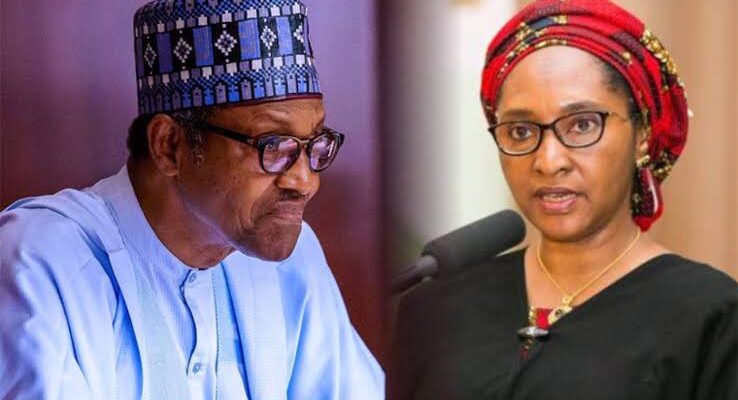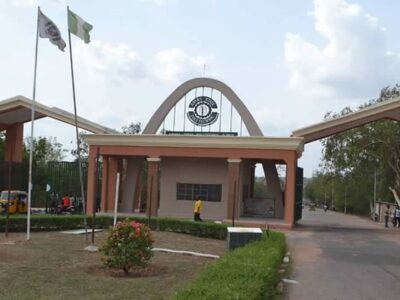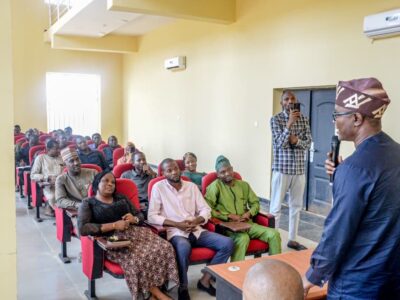Reactions have continued to trail the Federal Government’s planned disbursement of a World Bank loan of $800million as a post petroleum subsidy palliative
From this loan, 50 million Nigerians living below the poverty line will benefit N5,000 each monthly for 12 months to cushion the planned subsidy removal effect.
But economic experts have faulted this approach, insisting that it will not have the desired effect. Instead, they warned that this gesture, seen by government as a relief package, would further impoverish the people and the country.
“How can you obtain a loan and spend it as palliative? Besides, what is the value of the N5,000 monthly for 50 million Nigerians over a 12-month period? At the end of this, over N2 trillion may have been spent and gone down the drain without any positive effect on the people it is desired for,” Kayode Oyedele, an economist, told The Nation.
Indeed, the burden of implementing an acceptable palliative measure remains a major challenge. With the Organised Private Sector (OPS), NECA, and other key stakeholders rejecting the government’s palliative option, what is the best subsidy option or format that the government should implement?
Another economist and Chief Executive Officer of the Center for the Promotion of Private Enterprise (CPPE), Dr. Muda Yusuf, advised the government to put in place genuine palliatives that would reduce the effect of subsidy removal on the people.
According to Yusuf, such palliatives should be segmented to have the desired effect.
“Palliatives should be segmented into immediate, short term and medium term deliverables.
Immediate and short-term options include wage review in public service, electronic cash transfers to the vulnerable groups in our society, designation of few retail outlets [maybe 10 percent of the outlets] as subsidy stations while all others will sell at deregulated prices for a transition period of one year; introduction of subsidized public transportation schemes across the country and reduction in import duties on intermediate products for food related production to moderate food inflation.
“In the medium to long-term, there should be accelerated efforts to upscale domestic refining capacity, driven by private investments; accelerated investments in rail transportation by government to ease logistics of fuel distribution across the country as well as domestic freight costs,” Dr. Yusuf submitted. (Nation)










Comments